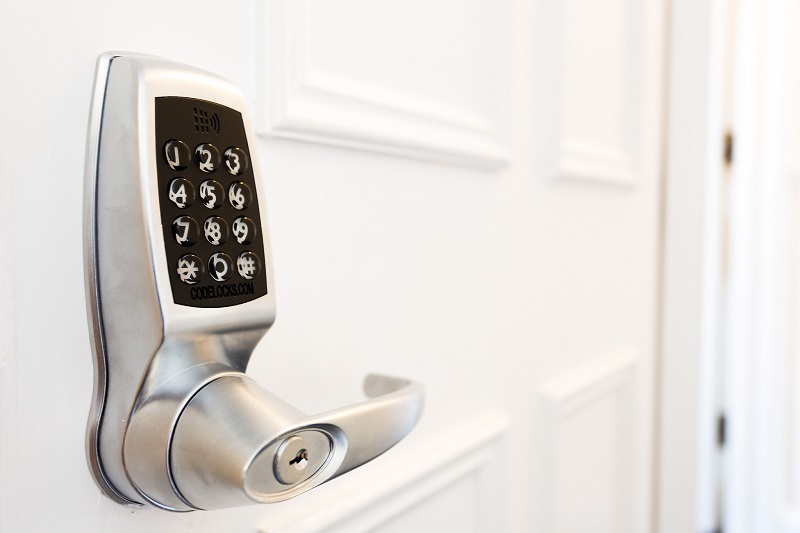FindItMore | Today, simple keys and double locks don’t really make a home well-secured anymore. Now that technology has been improving almost all aspect of life, more and more homeowners are acknowledging the advantages of incorporating it to their safety through the advancement of smart locks for the home. From security cameras to smart doorbells, people are investing in these innovative products for their safety and peace of mind.
Home security has always been the priority for most individuals, as well as business owners in the industry. According to the U.S. Department of Justice , most home break-ins are committed by burglars entering the front door. Engineer Dave Trezza told Consumer Reports that majority of home locks have “design flaws that allow burglars to break through and gain entry”.
Luckily, there are other options for consumers if they want to install a more technologically advanced security feature to their front doors. There are various types of electronic and smart door locks you can choose from which use different technologies with the same goal of protecting your home. Most electronic door locks offered in the market today are designed to have complementary design features that come with one or more means of entry, which include RFID, keypad, bio-metric (fingerprint), or Bluetooth.
Early electronic locks
One of the first designs of electronic locks employs the use of keypads which require a pin number for entry. This is one of the most commonly used smart locks for front doors of condominiums, apartments, and private houses. Newer versions of electronic locks have evolved to feature touch screen panels to replace traditional keypads and buttons. These advanced keypads have additional security features which further prevent burglars from figuring out the code to enter your home.
Radio Frequency Identification (RFID)
Radio Frequency Identification (RFID) locks are the ones that require the use of a key fob or card for you to access and open it. This is commonly seen in hotel rooms. Homeowners can enter their homes by simply tapping their cards so that the sensors can read and register it.
Bluetooth-enabled locks
Bluetooth is no longer only used in sending data and files; it is used in security and protection of homes and properties. There are now Bluetooth-enabled locks which follow the same idea of how your smart phones detect other devices. This means that even though you’re not in contact with your lock, you can open it from meters away. But what happens if you r phone dies? Would that mean you can’t enter once you’ve failed to establish a connection? Thankfully, most Bluetooth and RFID locks are equipped with a secondary means of electronic entry.
Bio-metric entry
Similar to your idea of bio-metrics, bio metric-enabled home locks need your fingerprint identification for it to open, same as the idea of you unlocking your devices with a fingerprint scanning feature. It requires you to have your fingerprint registered on the lock so it can be identified, giving you the access to your home. Registered fingerprints would be the ones to be unlocked for. Most locks allow you to input as many as four or five fingerprints to allow other members of your family or roommates to enter.
There are many factors to consider when choosing which smart lock to buy or have installed into your home. You can also opt to install these smart locks as an additional reinforcement of security at home, supplementing your traditional deadbolt locks or simply go for a retrofit lock that will allow you to use your old keys. Retrofit locks generally fit onto your lock on the inside of your door, giving you smart control while still having an access with your keys.
Keep in mind that your house’s front door is your first line of defense and security against unwanted visitors. Choosing to upgrade your front locks with these smart alternatives and innovative lock features is a great investment not only for your properties but also for your protection and safety. Although it may be quite heavy on the pockets, investing in your protection and security at home should be your top priority, especially if you have a family. It is better to spend a little more on prevention, rather than being sorry if an unfortunate event happens in the future.

